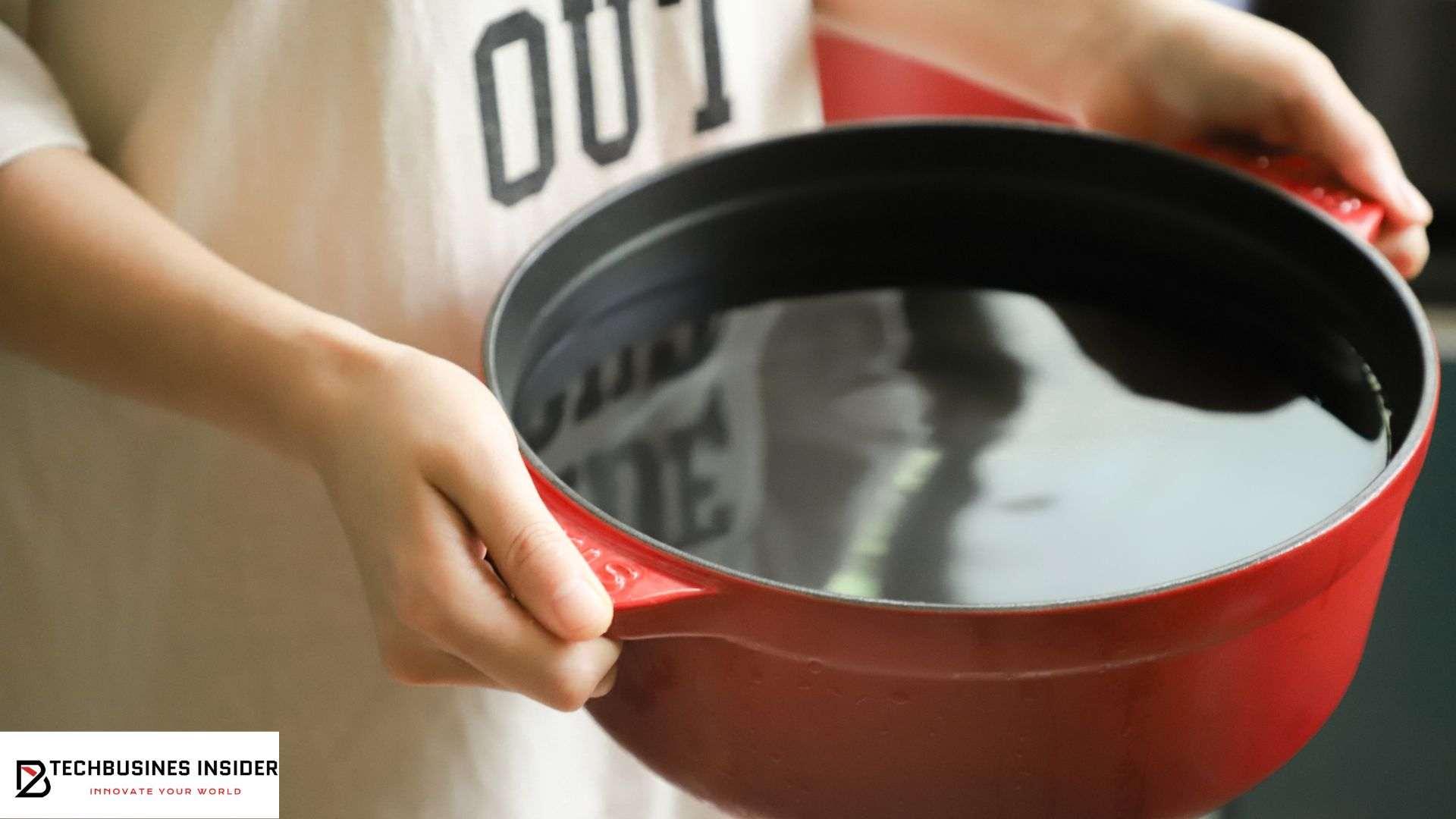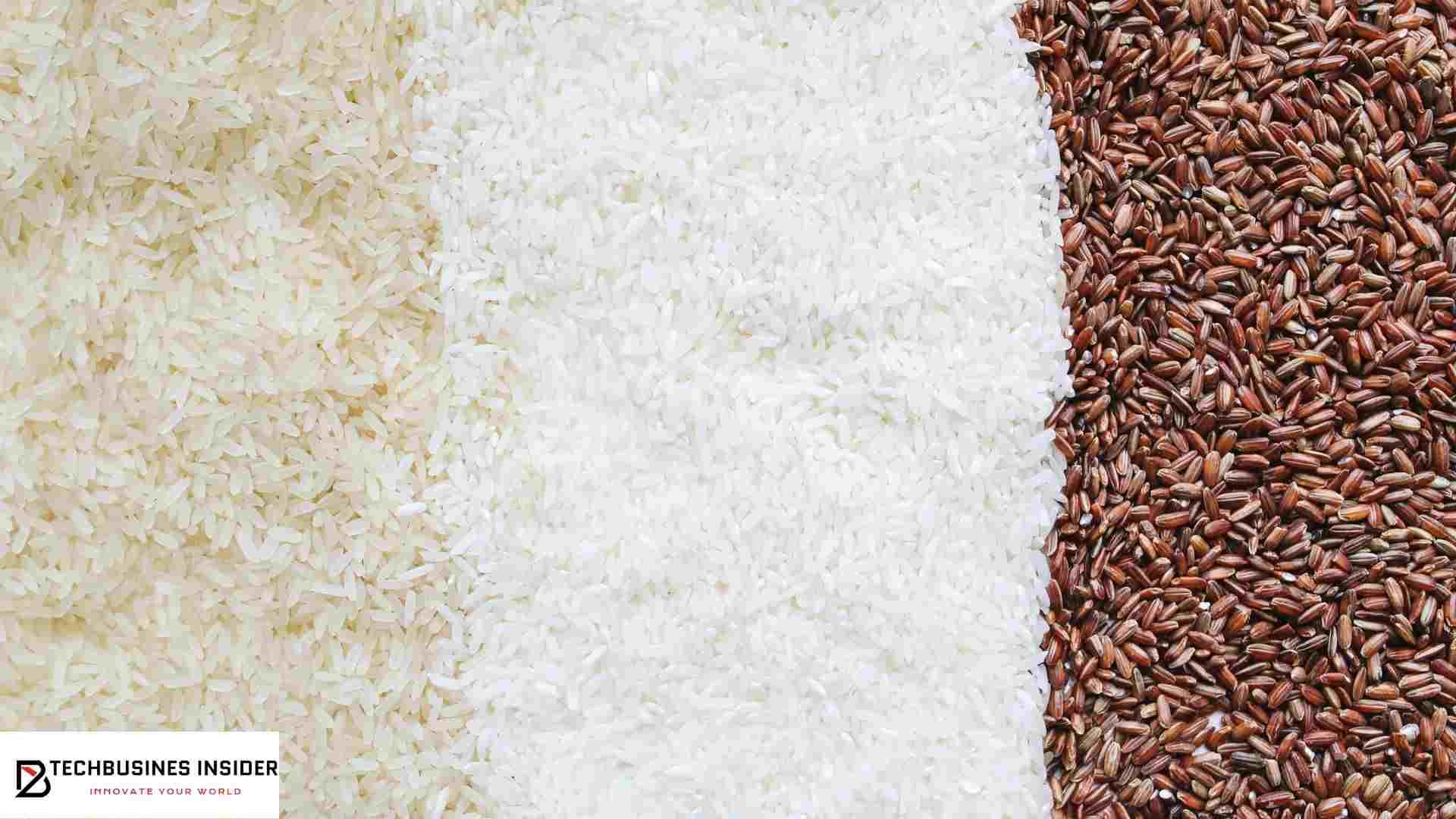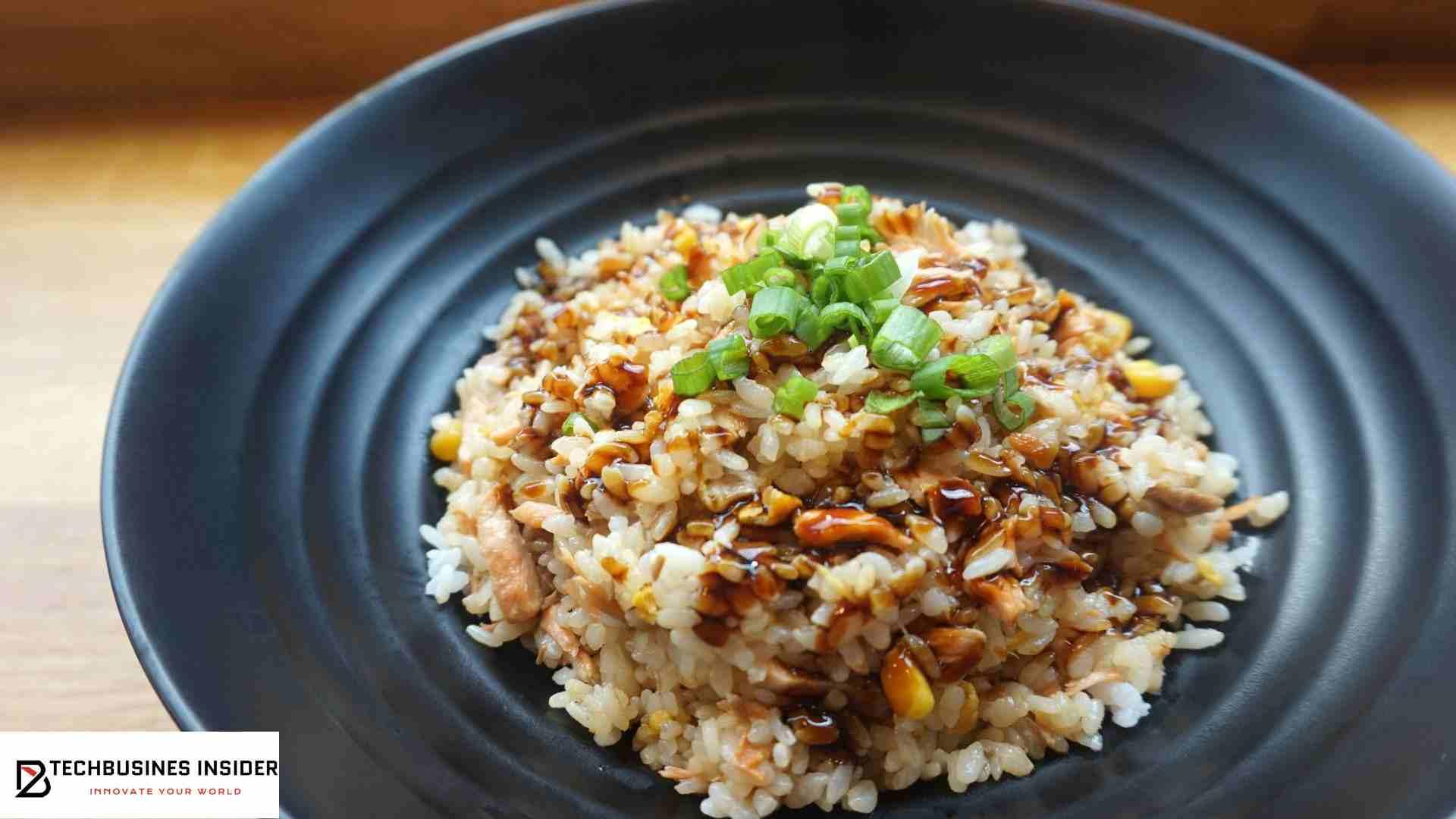For 2 Cups of Rice How Much Water Require?

Have you been fed up eating undercooked or soggy rice? It may be an unpleasant situation! Most people don’t know how 2 cups of rice how much water required. We will discuss this in brief later but a short example is clear your initial query is normal rice with polished rice requires 1 cup of rice to 2 cups of water. However, basmati rice requires 1 cup of rice to 1.5 cups of water. But no more worries it’s easy to cook perfect rice on your favourite site.
We suggest an ideal water ratio for every type of rice like basmati, long grains, short-grans, brown rice, and much more. You were also cooking rice tips for beginners to cook rice in different ways. If you follow these instructions ill sure your rice never turns out mushy, sticky, soggy, or burnt. This is precisely what we will learn today!

2 cups of rice how much water
A perfect water ratio is important for rice. At this time different types are sold in the market of rice and it all depends on the choice of rice. The exact measurement for rice is two cups of water for one cup of rice. For a normal white polished 1 cup of rice requires 2 cups of water. On the other hand, brown rice requires more water than other rice.
Suppose that if you are cooking 2 cups of brown rice they will need to cook 5 cups of water. However, for long grains, 1 cup of rice requires 1.5 cups of water and 2 cups of rice needs 3 cups of water. The purpose is to measure the ratio of rice that cooks soft and lovely all the time.
For your ease, here is a table of ratios consisting of different types of water and also the time duration in which your rice is perfectly ready:
| Type of rice | Rice quantity in cups | Water quantity in cups | Cooking time |
|---|---|---|---|
| Long-grain rice | 2 | 4 | 18 to 20 |
| Short-grain rice | 2 | 2¼ | 14 to 15 |
| Medium-grain rice | 2 | 2¼ | 14 to 15 |
| Parboiled rice | 2 | 4 | 20 to 25 |
| Basmati rice | 2 | 2¼ | 15 to 20 |
| Jasmine rice | 2 | 2¾ | 15 to 20 |
| Sushi rice | 2 | 2⅓ | 18 to 20 |
| Rough rice | 2 | 4 | 45 to 50 |

In the microwave 2 cups of rice how much water?
For long, medium, and short-grain rice, this cooking step is perfect. It will always help to you make rice soft and fast.
- First of all, Wash the rice.
- Make sure to use a suitable and genuine container. Take a rectangular baking dish with a big bowl. Remember that as the rice cooks, it will rise.
- 3 1/2 cups water to 2 cups rice must be used in it.
- An uncovered bowl high of rice will take about 10 minutes if you use 2 cups.
- Covered bowl Medium-low rice will take about 15 minutes for 2 cups. Boil with heat-safe plastic wrap until all the water is socked.
- Stir well with a fork before eating.

In a stove 2 cups of rice how much water?
This method is traditional. On the stove, white rice with normal grains is perfectly cooked. To make short-grain rice follow these cooking steps that will work nicely.
- First of all, Wash the rice and let them soak for 30 minutes.
- Take the water quantity as you require. In a big pot, add 2 cups of rice with 4 cups of water.
- When the water starts to boil, add 2 spoons of salt.
- Turn the flame low, Add rice carefully. cover the bowl tightly, and stay at a slow boil.
- Do not stir the spoon at the starting point. Cook for 18 minutes or until the water is fully absorbed. In any situation, avoid mixing the rice while it is cooking because this will result in sticky rice.
- Cover the rice and let it rest for 6-8 minutes. After turning off the heat, leave the rice covered for ten minutes. The rice will steam during this time to produce extra fluffy results.
- Stir well with a fork before eating.

In a pressure cooker 2 cups of rice how much water?
In the cooker, rice cooked quickly. Read the below instructions and follow them. The result is that your rice is cooked perfectly and fluffy.
- First of all, rinse the rice.
- Use rice and water in a 1:1 ratio. The larger amount of rice may be affected by this ratio. Sometimes water doesn’t absorb perfectly. This could affect your result. To find out what method is best with different recipes and for your exact desires. You’ll need to test a little with the cooker by following these instructions:
- Let the rice cooker handle the entire process.
- Press the on button and note the time.
- Keep the rice covered for 10 minutes, for best results.

What are the top five health advantages of rice?
Here is the top 5 health advantages of rice.
- It May help to reduce healthy weight.
- Brown rice helps to reduce chronic disease.
- After a workout white rice helps to boost energy.
- White rice is the best food to digest.
- The grain is without gluten.
FAQs:
Q. Is it 1 cup of rice to 2 cups of water?
It’s too simple to boil 1 cup of rice:
- Wash the rice and sock them for 14-15 minutes.
- Take 2 cups of water in a container.
- Bring it to a boil.
- Add 1 spoonful of salt of the best taste.
- Add rice carefully and turn on the flame low.
- Don’t stir too much when cooking.
- Cook for 20 minutes or as you require softness.
- When rice is observed in the water, cover it tightly for 8-9 minutes.
- Turn off the flame.
- Before serving stir with forks or a spoon.
Q. How long does it take to cook 2 cups of rice?
In a medium pan and perfect heat, 2 cups of rice take approximately 16-18. Take 4 cups of water on a high flame and bring it to a boil. Add some pinch of salt or according to your taste. Add rinse rice to it. Reduce heat cover the pan and cook rice for 16-18 minutes. Until all water is absorbed and the rice becomes soft.
Q. How much do 2 cups of rice make?
After cooking 2 cups of dry rice becomes equal to 4 cups. Two cups of dry rice around 4 cups of cooked rice. However, four ounces (1/2 cup) of dry rice usually about two cups of cooked rice.
Final verdict:
Now that you know 2 cups of rice how much water, it’s time to get cooking! By following the steps above you will be able to cook rice perfectly every time. Just remember that the quantity of water and rice adds perfectly and which rice you choose adds the exact water ratio. Your rice will be perfectly cooked and soft or delicious.
For more tips must visit techbusinesinsider.com, thanks!

